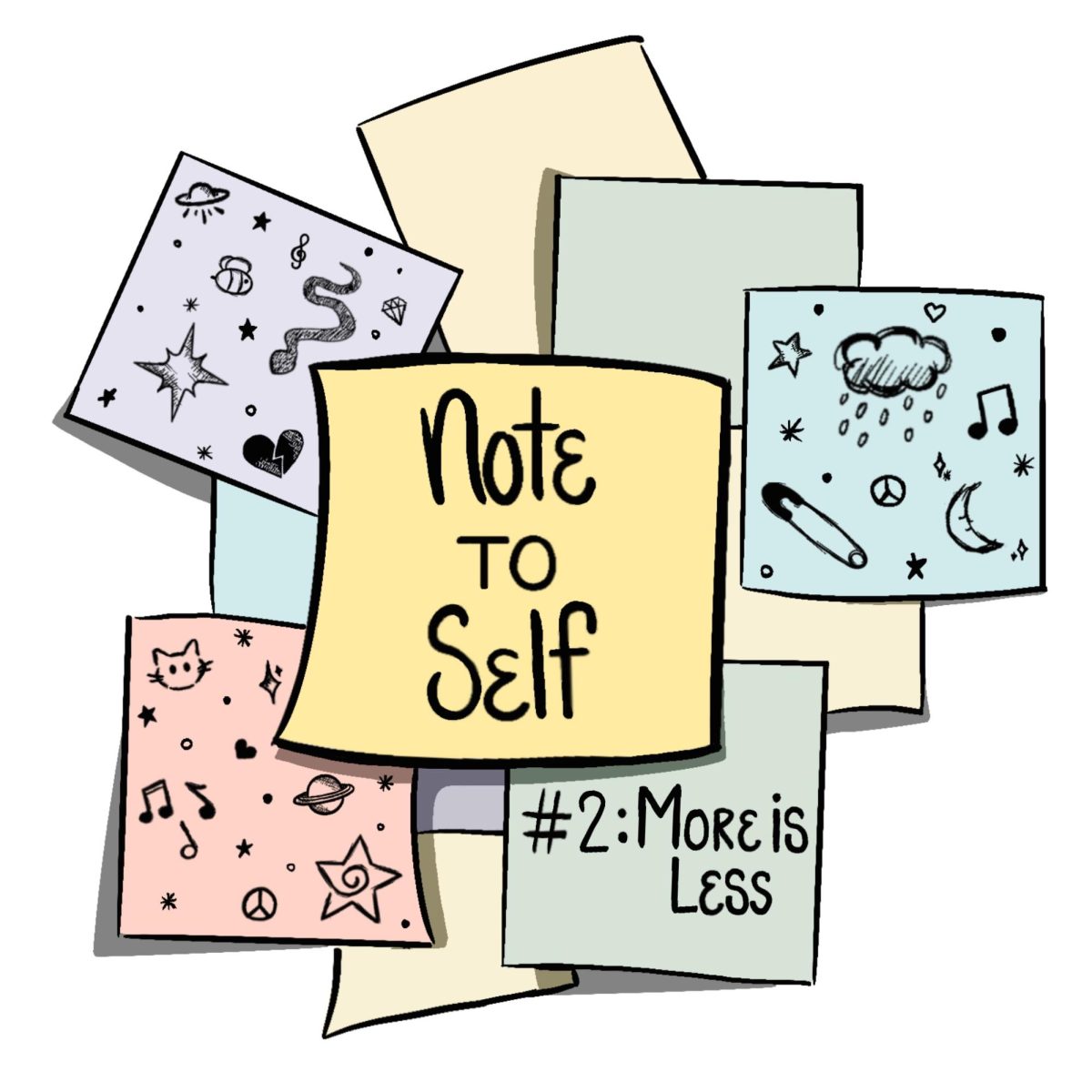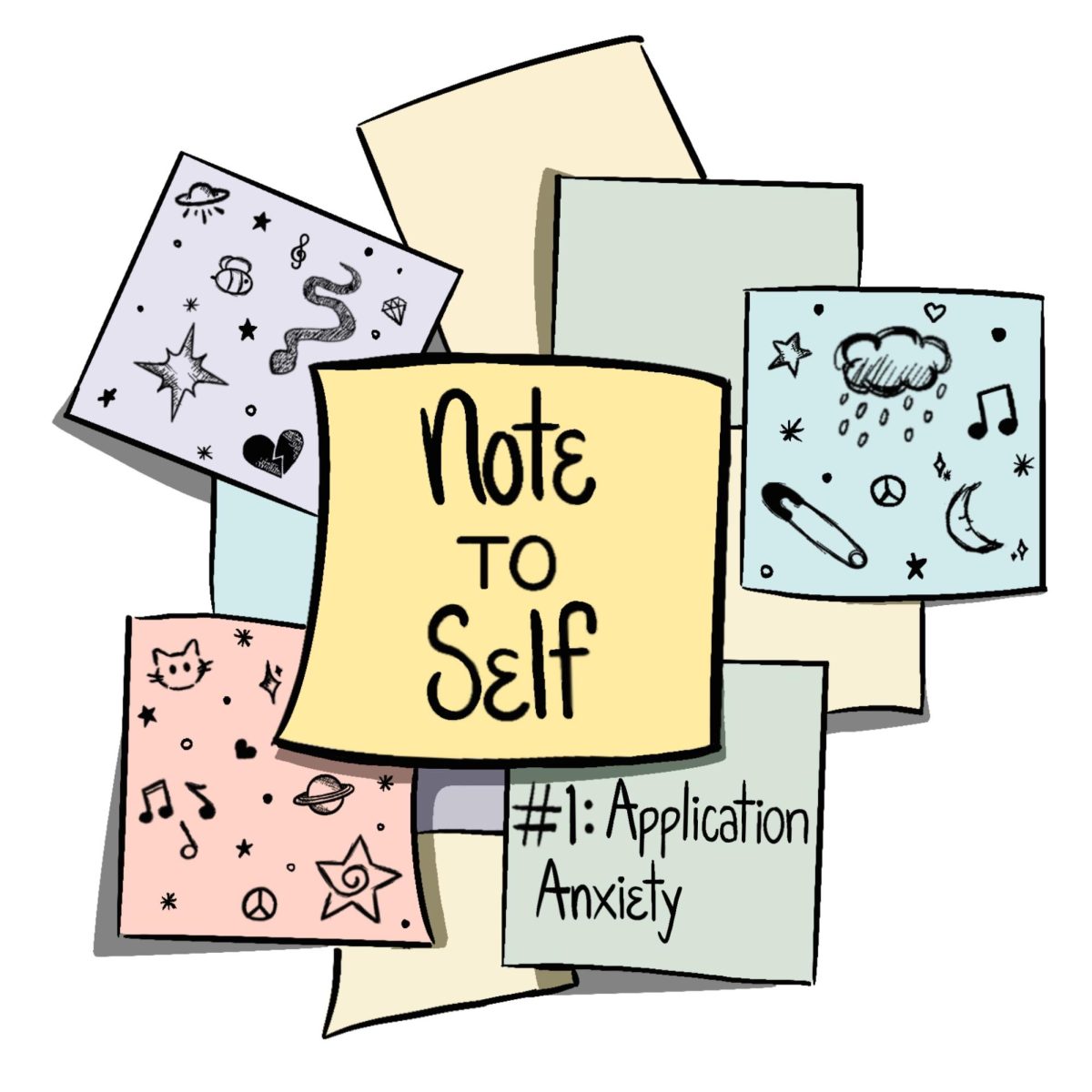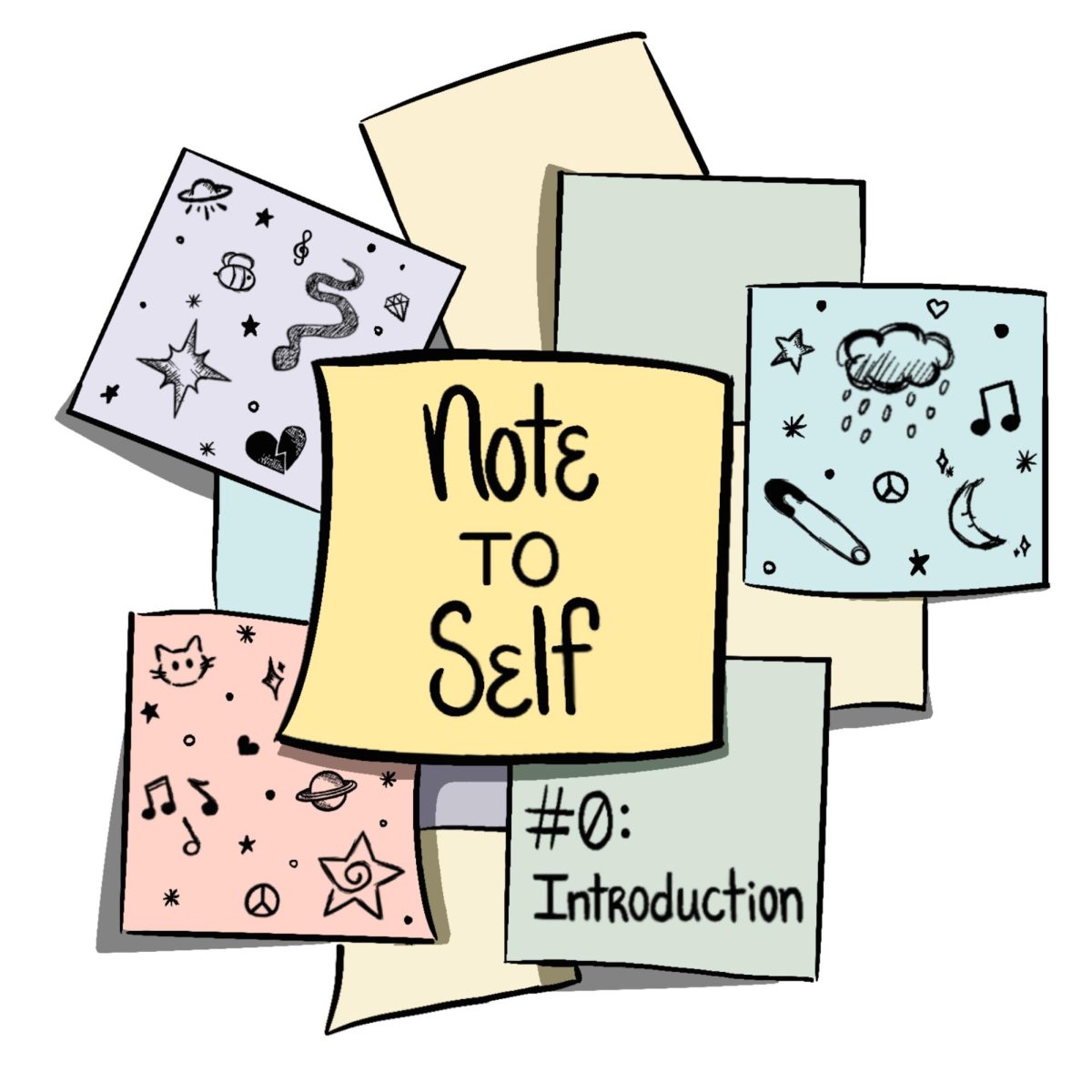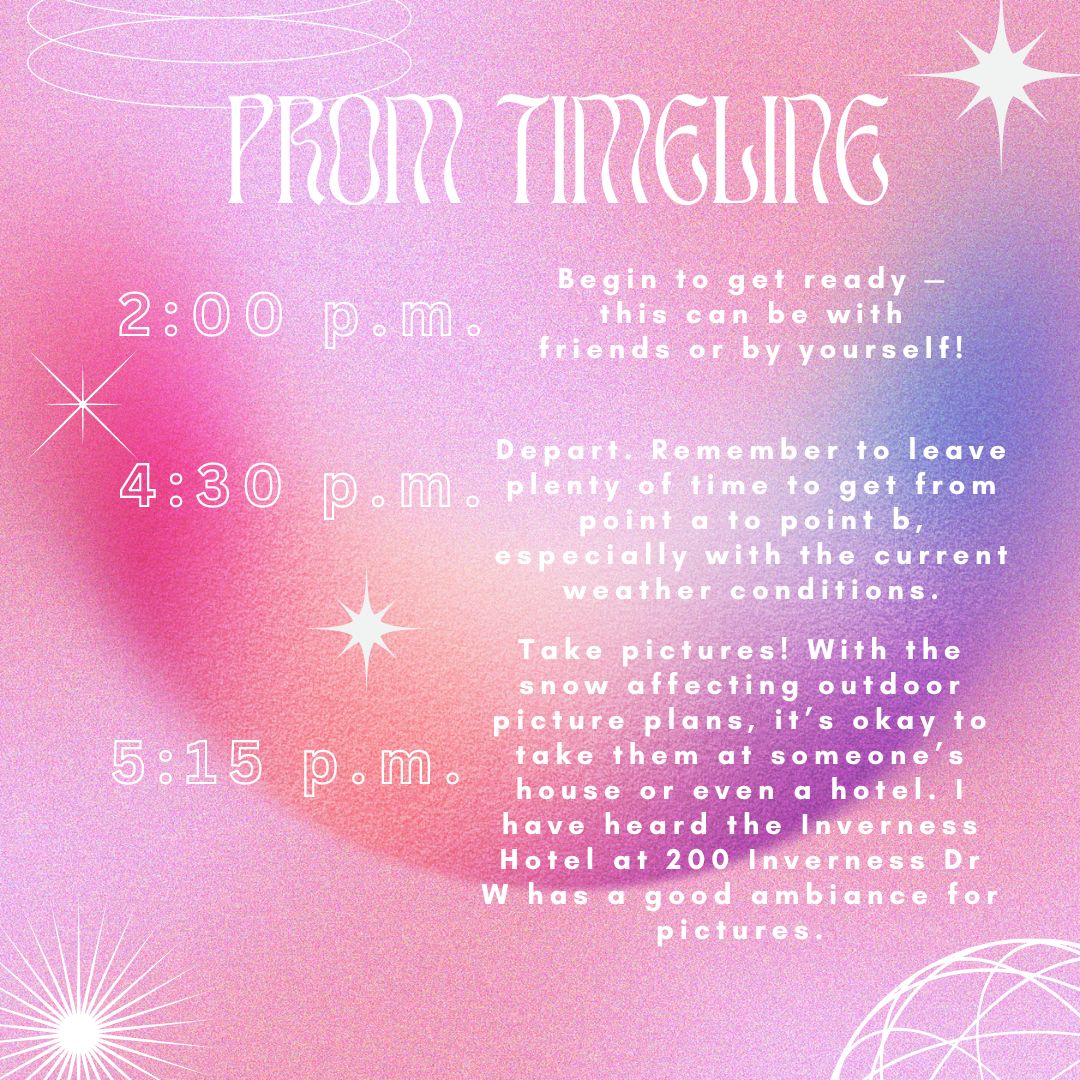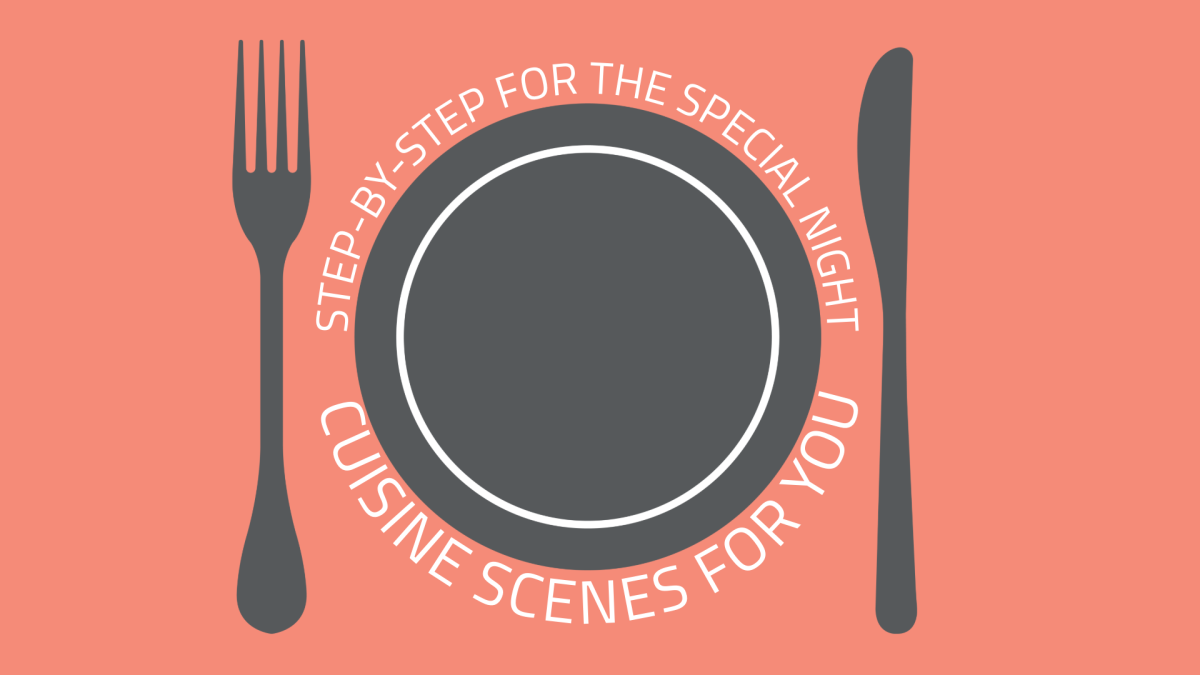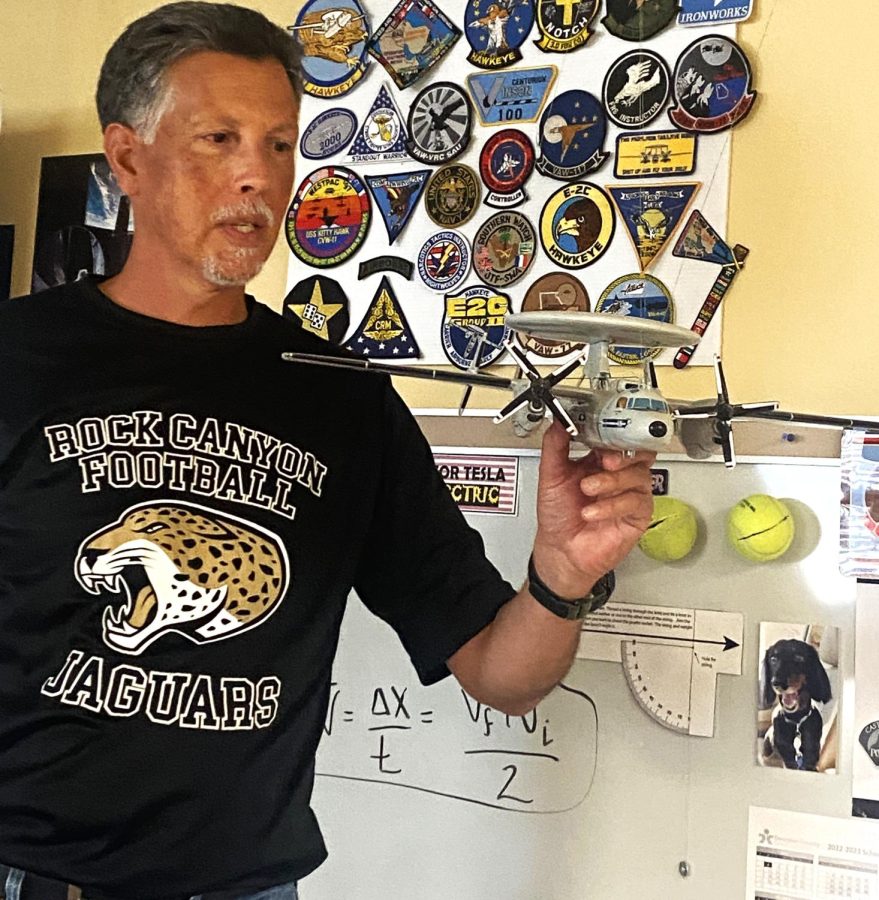FRIDAY FACULTY FEATURE: the Science Behind Being Jack Vannatta
A look into the life of physics teacher Jack Vannatta.
media by Maddie Leonardi
Jack Vannatta holds up an airplane model in his classroom Aug. 30. Vannatta has been teaching for seven years after his time in the Navy. “My favorite airplane is definitely the mighty E-2C Hawkeye,” Vannatta said.
September 23, 2022
Former Navy aviator Jack Vannata, the only military veteran in the building, learned life skills in the military that made him the physics teacher he is today. With his wife’s support, Vannatta has been able to overcome many struggles, including leaving family and friends behind to serve in the Navy.
Q: How long have you been teaching?
A: This is my eighth year as a teacher, seventh year at Rock Canyon.
Q: How did you end up teaching physics?
A: I started at American Academy in Castle Pines as a STEM instructor. I almost immediately ended up at Rock Canyon instead. Their opening was for physics, which is something that I love. I don’t have a degree in physics – my degree from the Naval Academy is in oceanography – but everything I did in the Navy involved physics in some way. It was a natural fit, and they needed a physics teacher. So I came here. My first year, I was teaching regular physics and foundations at the same time, which lasted two years. And then I taught just regular physics for the next four years. Now, I’m teaching mostly regular and some AP physics classes.
Q: How did you end up loving physics?
A: To me, the physical world is so amazing, and being able to understand the things that you experience all day long is exciting to me. A lot of people are like, yeah, the sky is blue, who cares? But you might want to know why the sky is blue? I want to know. Why was the sky so beautiful this morning? Like what right when the sun was coming up? Oh my gosh. And it had these clouds, and the clouds had these long tails that were dripping down. So oceanography and meteorology and to be able to explain what we’re seeing, that’s what really excites me. From the moment we wake up until the moment we go to bed is just like solving puzzles, right? If I’m going to give you three pieces of information, you need to figure out two other things from those, and just have to make your brain work and learn to break down big problems into little chunks. It’s all so that you can be successful. It’s awesome because life is just a series of really complex, complicated problems. And you just need to figure it out.
Q: What was it like being in the Navy?
A: It was awesome. I can’t imagine what else I would have rather done. It was tough, though, being away from family and stuff like that. I was in the middle of the Arabian Gulf when my son was born. Only getting home three months later was a tough thing to do. There were a lot of sailors on our aircraft carrier who were in the same boat. It was tough, you know, not being there for a lot of things. I mean, I missed two Christmases in a row, pretty much, and back-to-back six-month deployments were tough. But it was just great. You’re just with your squadron mates, with your airline, and you do all the same things. You go out to the same places, and you become really tightly knit. Meanwhile, the composition of your squadron is constantly changing. It’s always fresh. It’s always new, even though you’re doing the same sorts of things. You have new leadership, sometimes you have people that you love who leave. It was really dynamic. It was just amazing. Being able to do what we do in our type of airplane, we’re like the central node, and everybody feeds off of our information. Sometimes we have the complete picture and nobody else does. Being able to share that and make the entire airwing and the entire battle group successful was a huge responsibility, but it was also really, really gratifying. We would teach other people and other parts of the battle group how to do things. We did everything. We didn’t get into a firing position and actually launch a missile. As a fighter aircraft, we didn’t actually drop the bombs, but we put them in the positions. We did Counter Narcotics stuff. They call it counter-transnational crime now, but it’s the importation of drugs and trafficking of people. So I did that for a long time in South Central America and the Caribbean, just trying to stop the flow of drugs and stop the flow of illegal trafficking of people, which was really rewarding, especially when you catch a really big drug bust or get the Coast Guard to help a vessel that was disabled with a bunch of people on board. It’s really awesome.
Q: How do you think the Navy affected you or changed you?
A: I was in it for 20 years. I didn’t like every aspect of it. I think it definitely developed a work ethic, and it also developed leadership skills. I ended up running some things in the Navy and I think it ended up teaching me the importance of people. When you treat people well, they feel valued, and they will do anything for you. Probably one of the biggest things [that I learned] was just the importance of really good relationships and consistent leadership, and what can happen with those things.

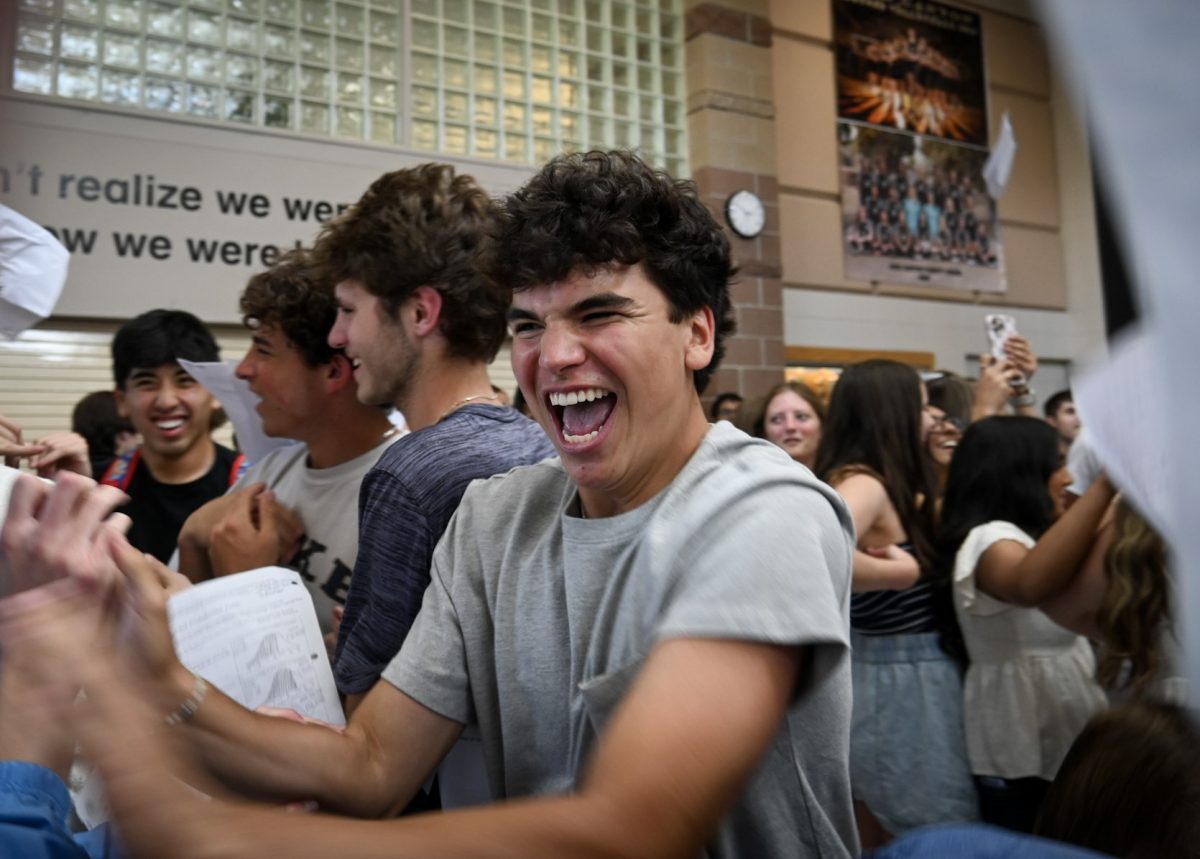



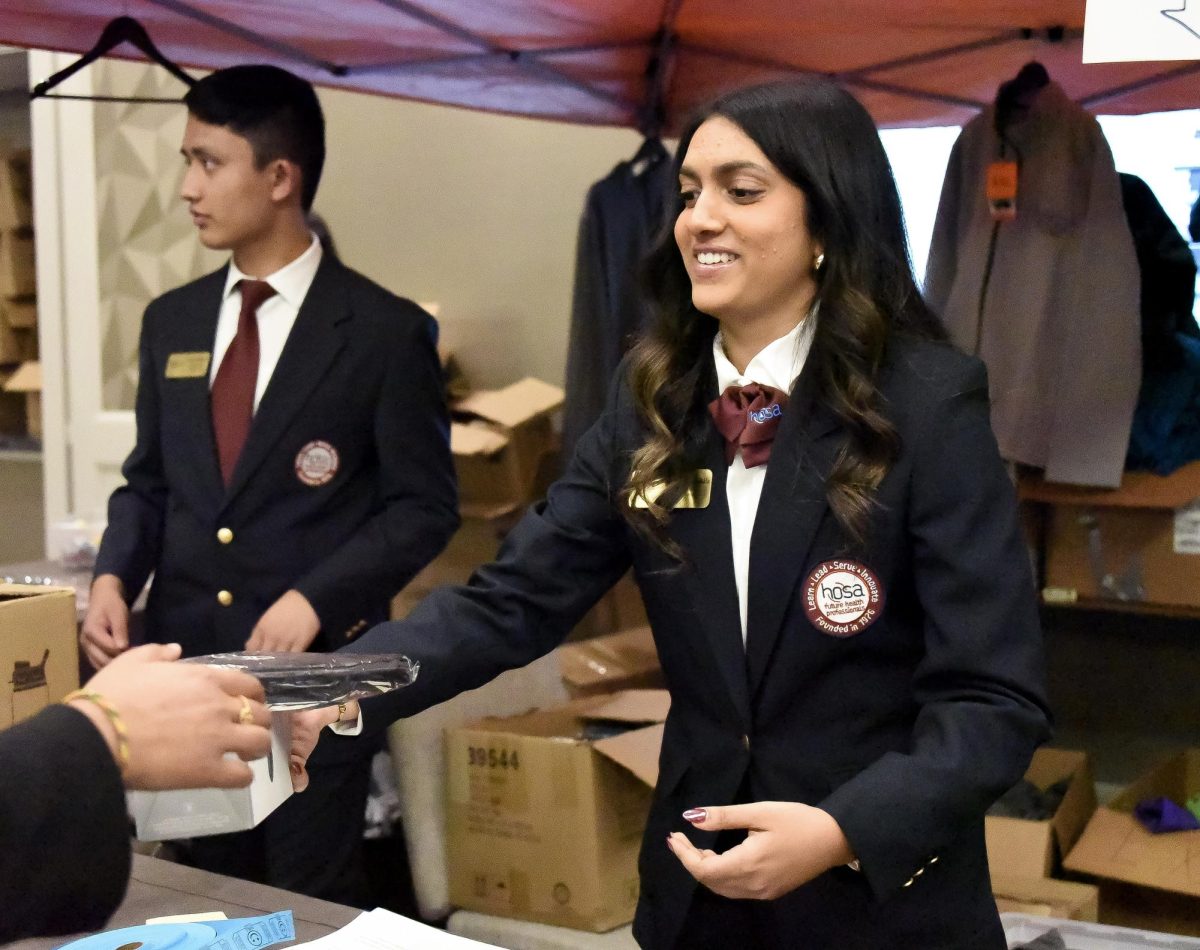
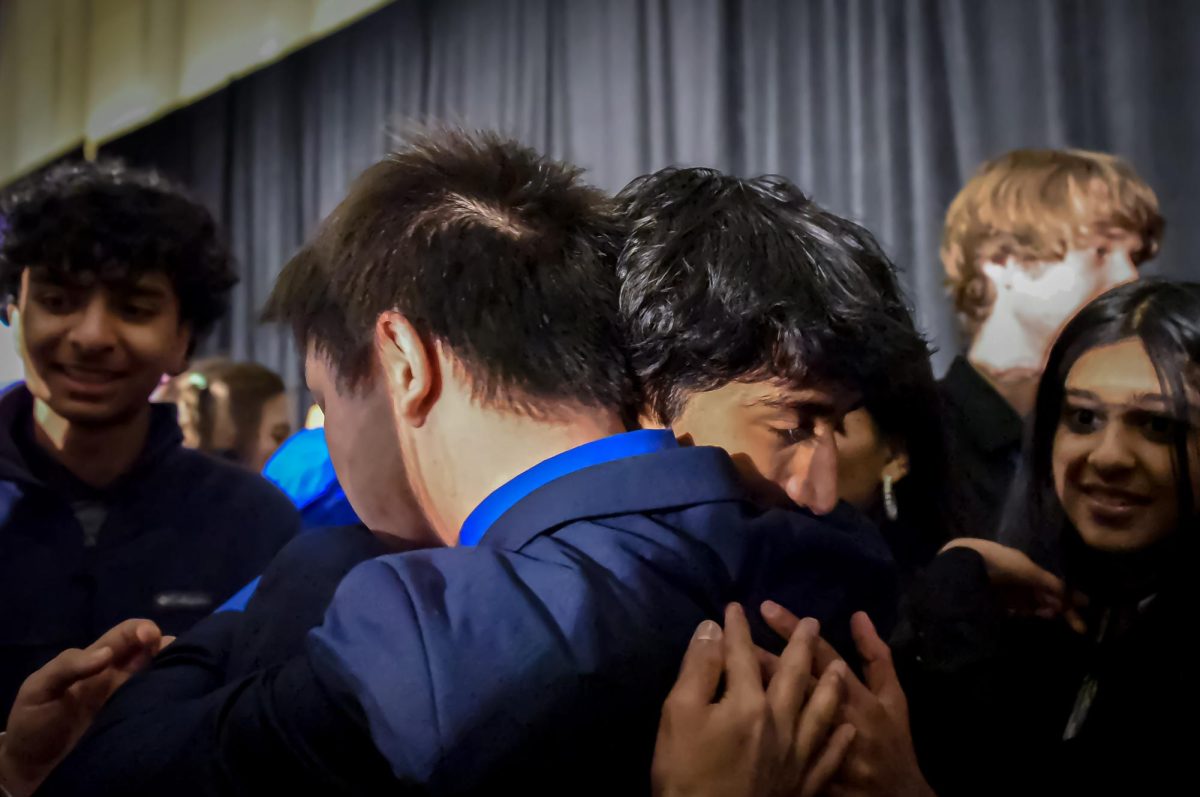

![The winter guard team makes fifth place at the state championship finals in the Denver Coliseum, March 30. The team performed to Barnes Country's “Glitter and Gold,” lead by coaches Margo Sanford, Blair Bickerton and Anna Orgren. In their class there were a total of nine groups participating, and the top five who made it to finals received a plaque. “[Walking onto the stage] is very nerve-wracking, but also very exciting as well. When you first start color guard there's a lot of anxiety and uncertainty when you first perform in front of an audience, but once you've done it for a while, it starts to become the best part of the season,” Ella West ‘25 said. “It's very fulfilling to see an audience react to something you've put your heart and soul into.”](https://rockmediaonline.org/wp-content/uploads/2025/04/Both-socal-media-nd-website-main-1-1200x846.jpg)
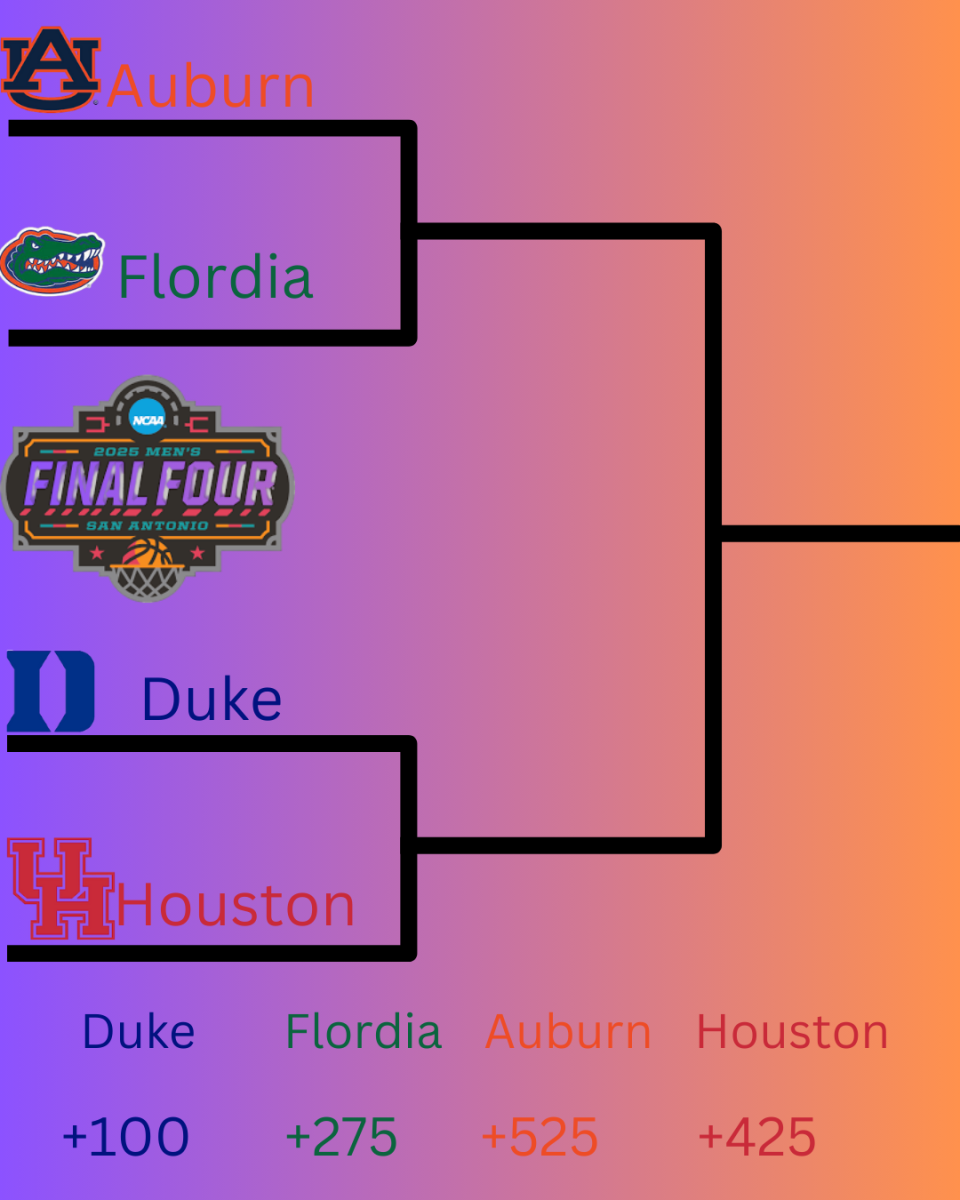
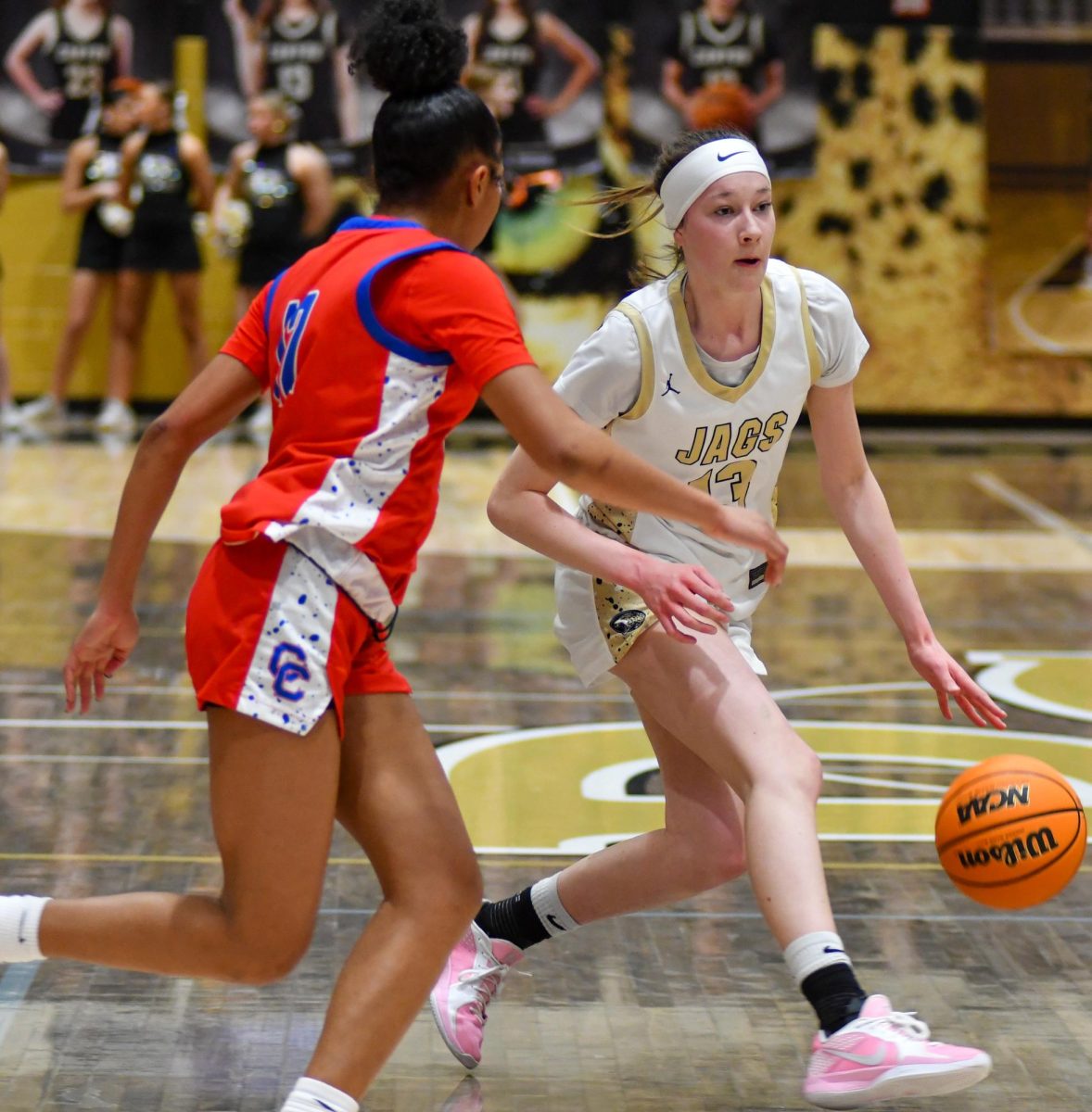
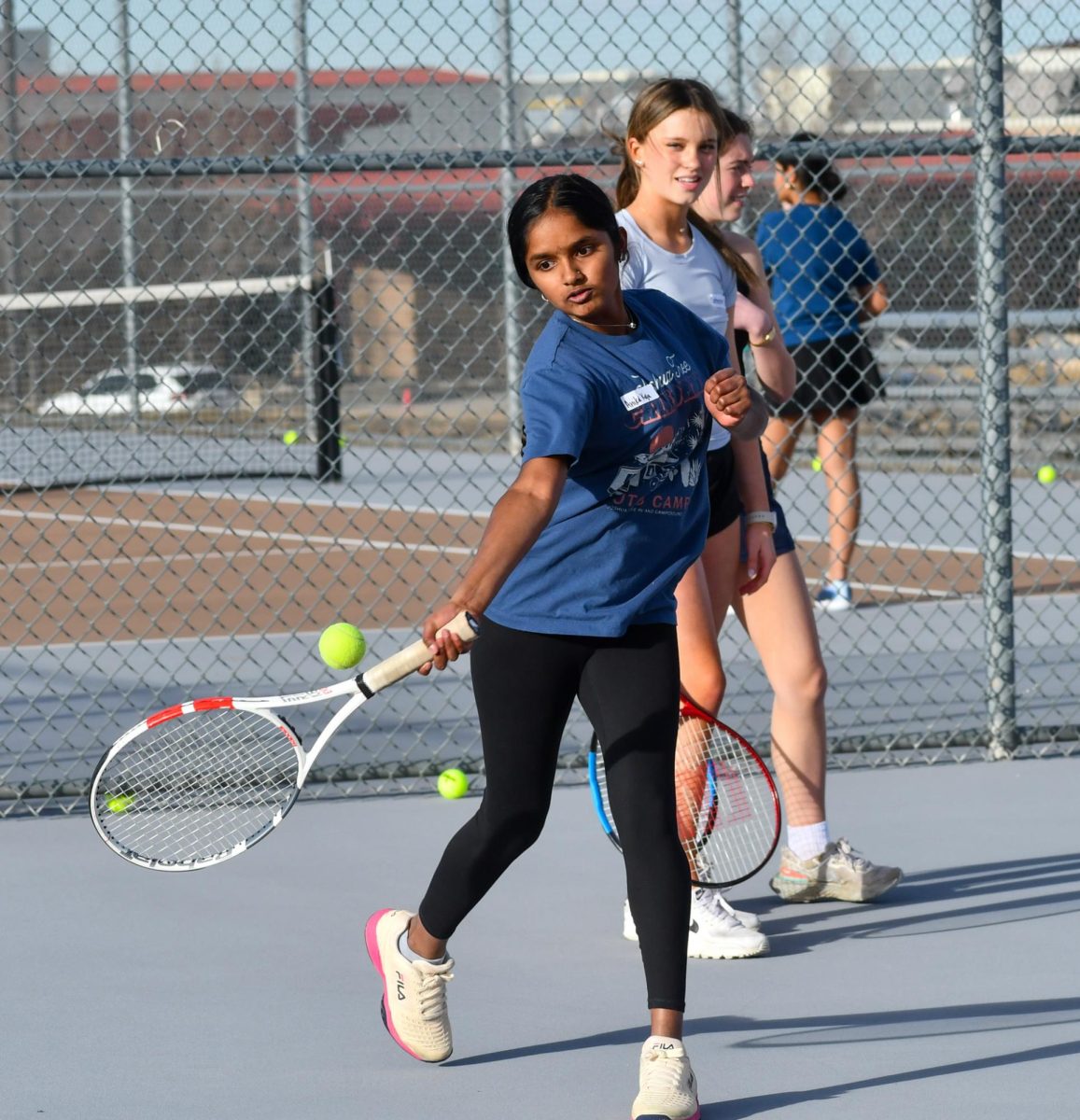
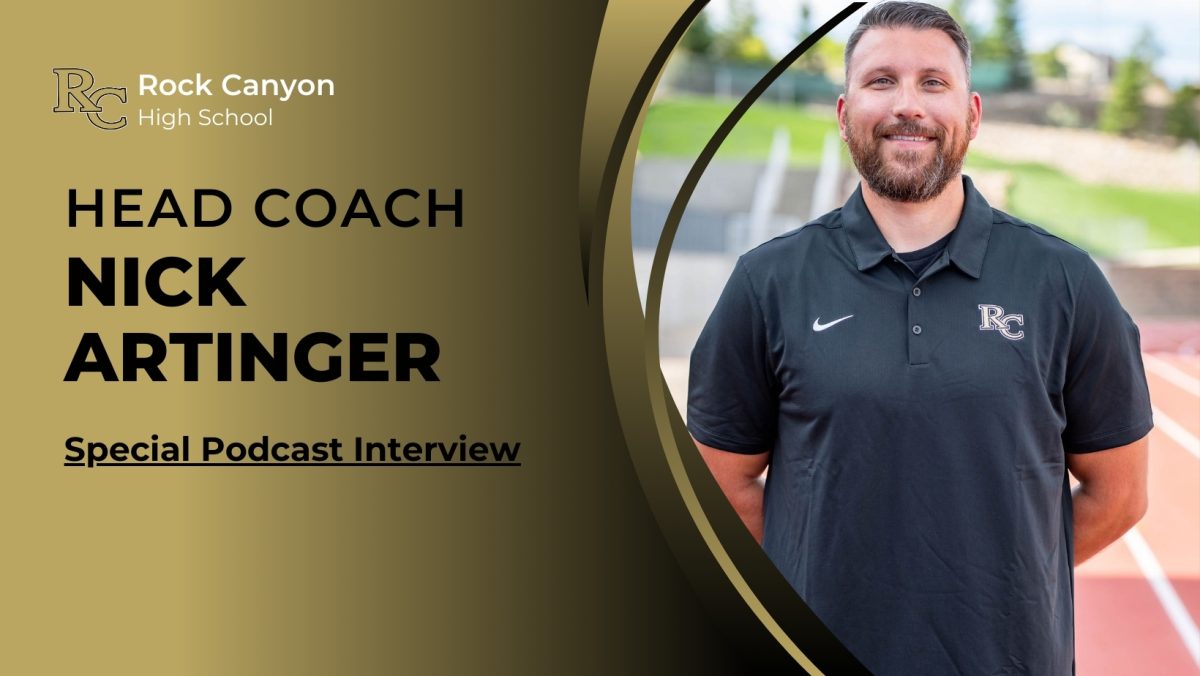


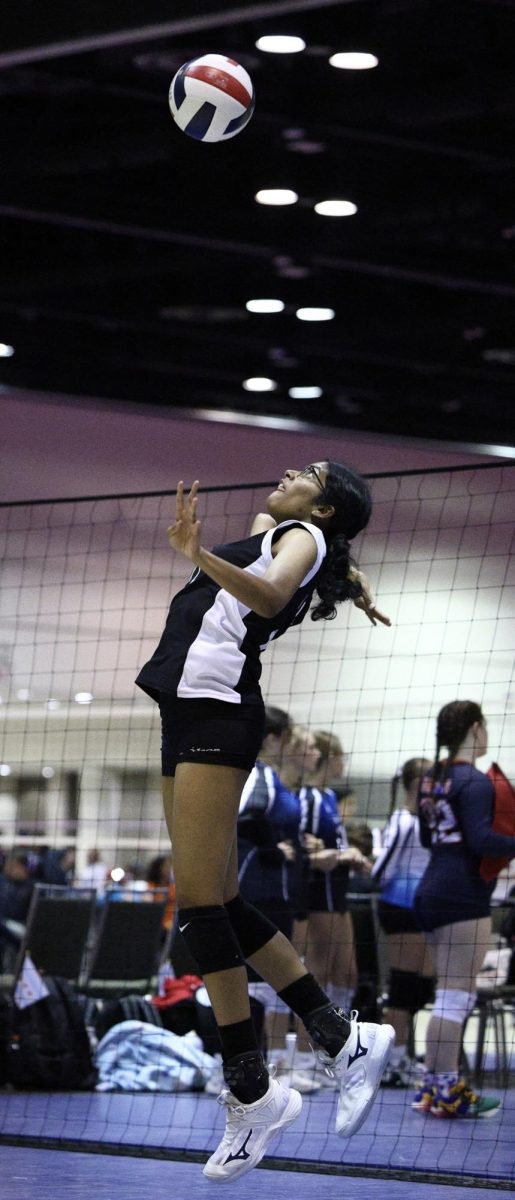

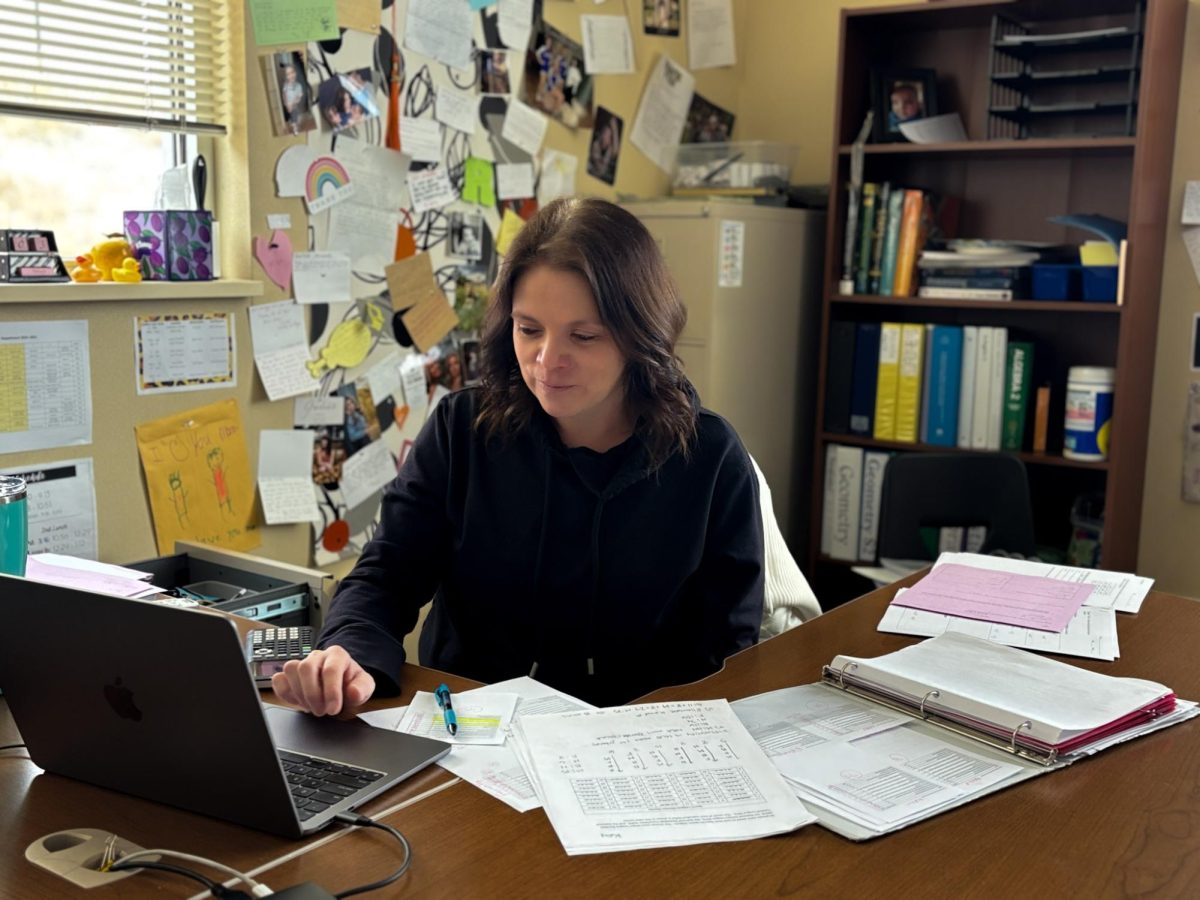


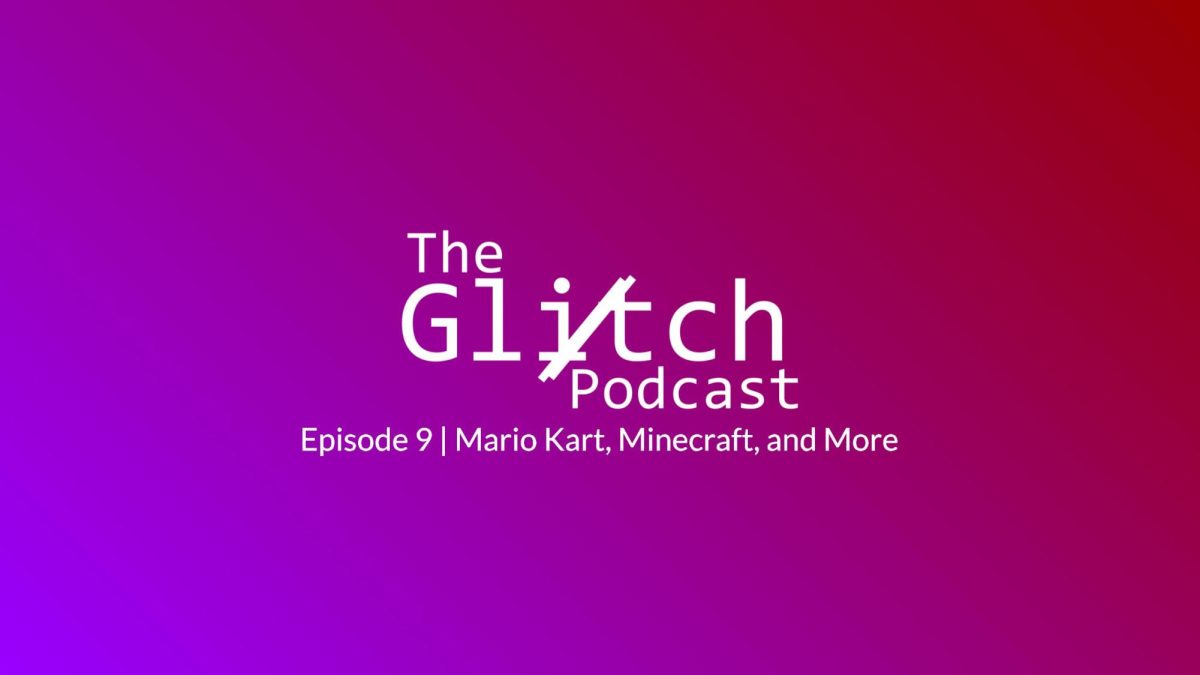


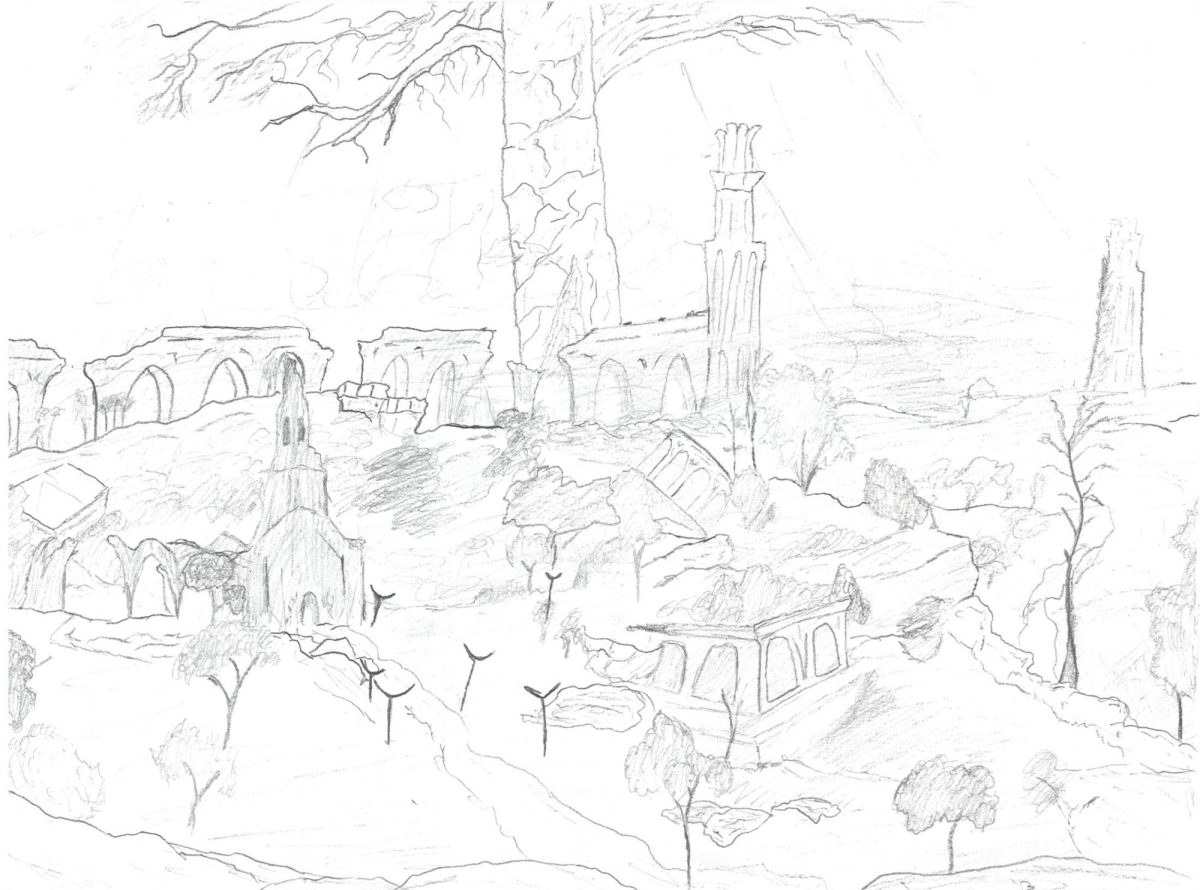
![April marks the 25th anniversary of Sexual Assault Awareness Month, created by the National Sexual Violence Resource Center (NSVRC). This month is to spread awareness of the harassment, assault and abuse that happens around the world. The symbol that represented the month was a teal ribbon; however, some survivors of assault create different symbols and movements like the TikTok trend in 2022, where survivors would tattoo Medusa on their body, in honor of her backstory in Greek Mythology. “I don't think [this month is known] at all. I rarely see anybody talk about it. I rarely see much of an emphasis on posting it online, or much discussion about it, and I feel like there needs to be way more discussion,” an anonymous source said. “I think just validating every experience that a person has gone through, regardless of the degree of it, the severity, is an essential step into making sure that people are aware that this is a very real problem in a society and that we need to do better in addressing it.”](https://rockmediaonline.org/wp-content/uploads/2025/04/IMG_0011-1200x900.jpg)
![Lesbian Visibility Day is April 26, and it’s a holiday to celebrate the lesbian community of the world. Lesbian Visibility day was established in 2008 by many queer activists and organizations who sought to raise more awareness for lesbian history and culture. “So this is why during Lesbian Visibility [Day] we celebrate and center all lesbians, both cis and trans, while also showing solidarity with all LGBTQ+ women and nonbinary people,” Linda Reily, in an article written by her, said.](https://rockmediaonline.org/wp-content/uploads/2025/04/Lesbian-Visibility-day.jpeg)



